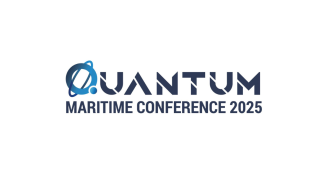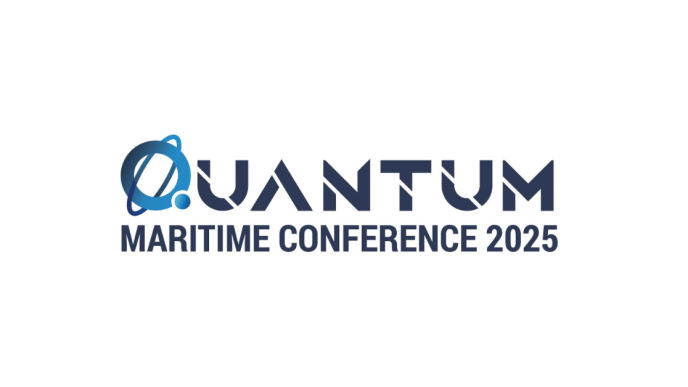Planning Portal, which manages 95% of planning applications in England and Wales, has unveiled its long-term strategy for artificial intelligence in advance of the introduction of its first AI-driven features in 2026. The plan is designed to deliver improvements in efficiency and usability while safeguarding user data and ensuring accuracy within a vital statutory process.
The strategy will steer how AI-powered services are developed and embedded in the Planning Portal platform over the coming years, ensuring innovation is introduced responsibly and avoiding the risks often associated with rushed adoption of new technologies.
Artificial intelligence is being positioned as a key force in reshaping the planning process, enabling automation of digital workflows and standardisation of high-quality data. Built-in safeguards, however, will ensure the technology is implemented ethically and securely. Central to this approach is a significant focus on research and rigorous testing, ensuring every feature meets reliability standards before being released.
At the heart of the initiative is a commitment to improving the quality of applications submitted through the Planning Portal. This is expected to reduce errors, limit delays, and create a smoother experience for applicants, agents, developers, and local authorities.
Laurie Cunningham, Chief Technology Officer at TerraQuest, which operates Planning Portal, explained: “AI offers fantastic opportunities to transform how planning and development professionals tackle today’s big challenges, such as the ongoing shortage of skills and resources. However, it’s important to remember that AI isn’t a silver bullet. Like any other tool, its real value comes from being used correctly and responsibly.
“We’ve made significant investments in developing a responsible approach to AI. We’re advancing AI innovation with equal focus on protecting data and maintaining information integrity. Our approach is designed to support the skills of planning professionals, improving the quality of applications by digitising routine, administrative processes. This means professionals can spend more time using their expertise and judgement to deliver real value.
“We believe AI should be integrated thoughtfully, ensuring it supports and complements those using our technology while improving the built environment. By combining technology with human expertise, we can achieve greater efficiency and innovation in planning and development.”
The first AI features within the Planning Portal are due to launch in 2026.













